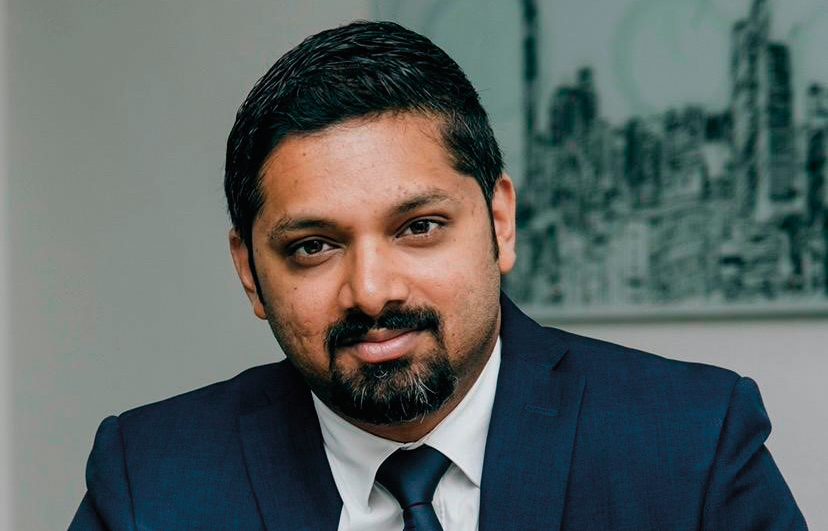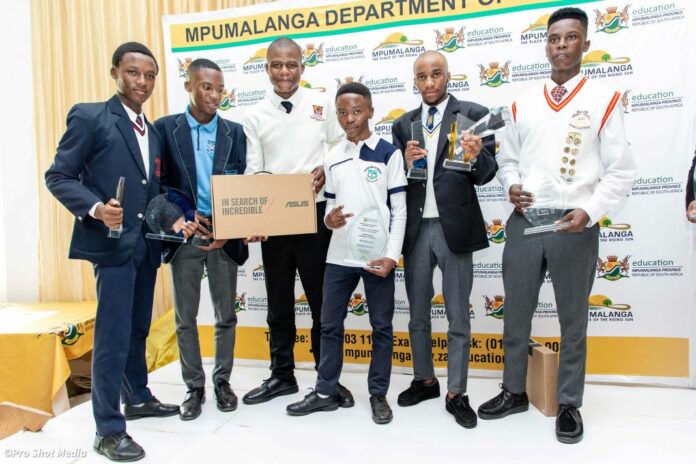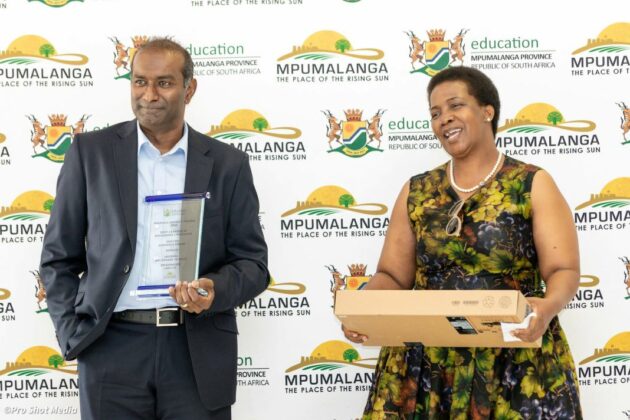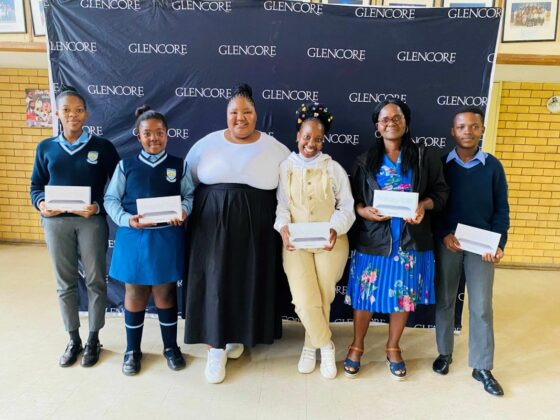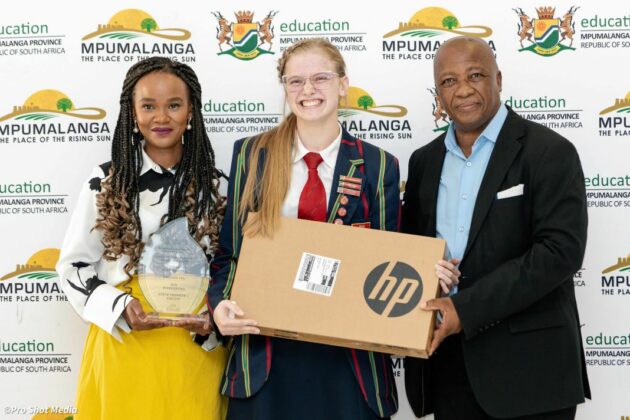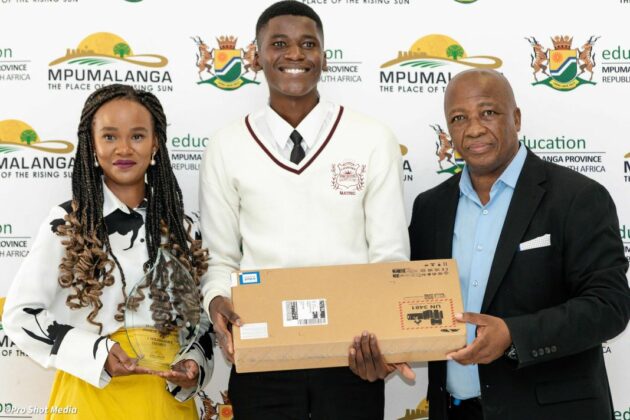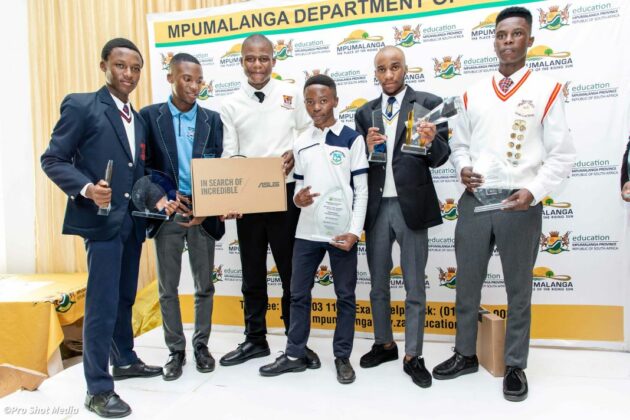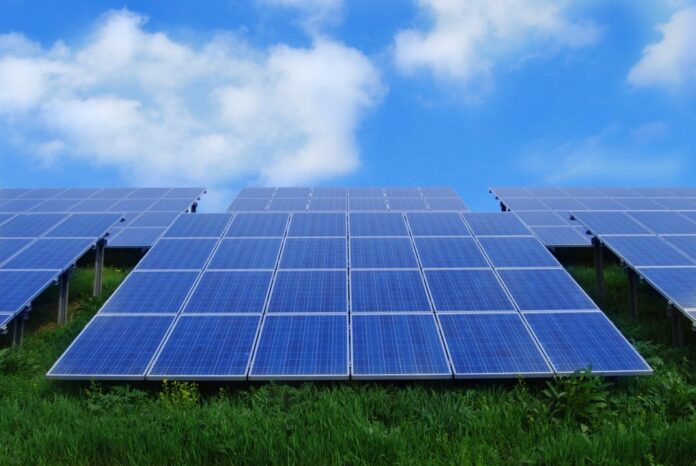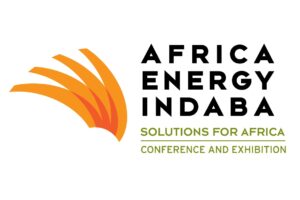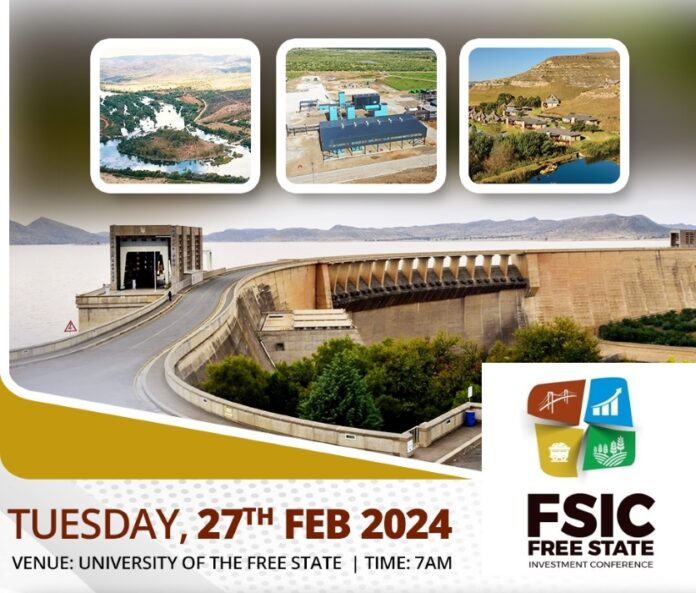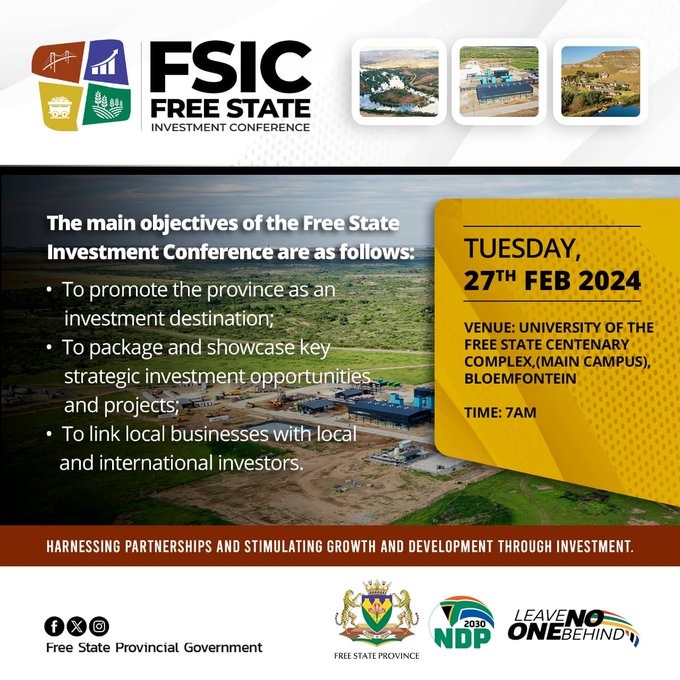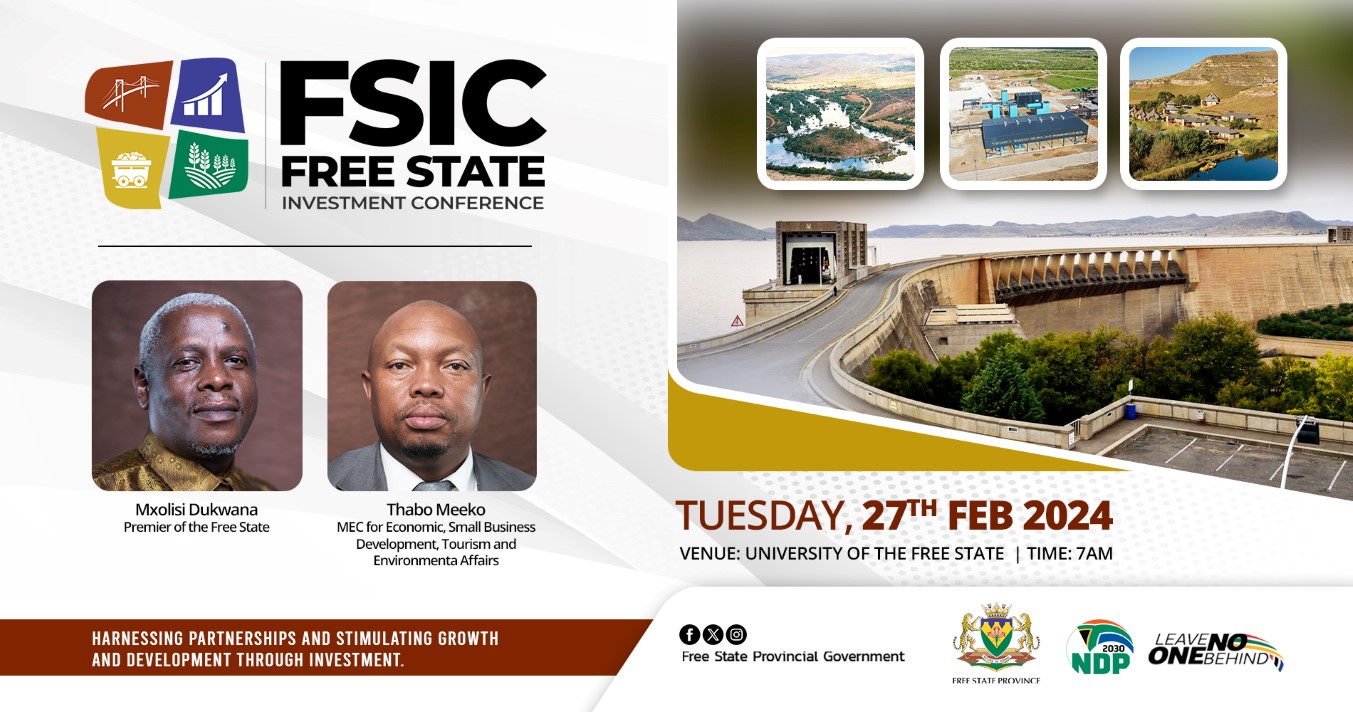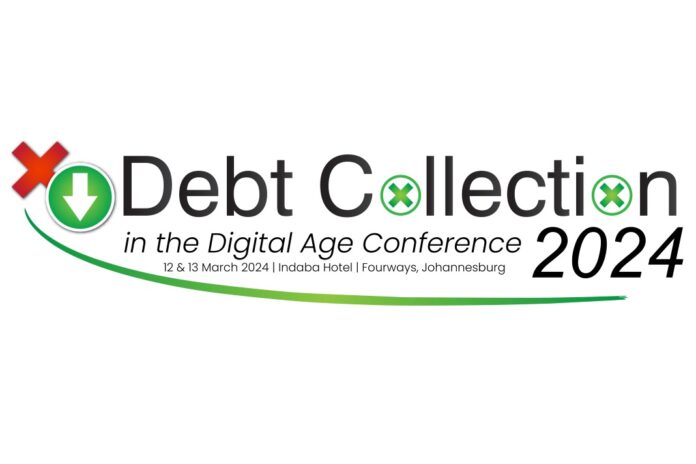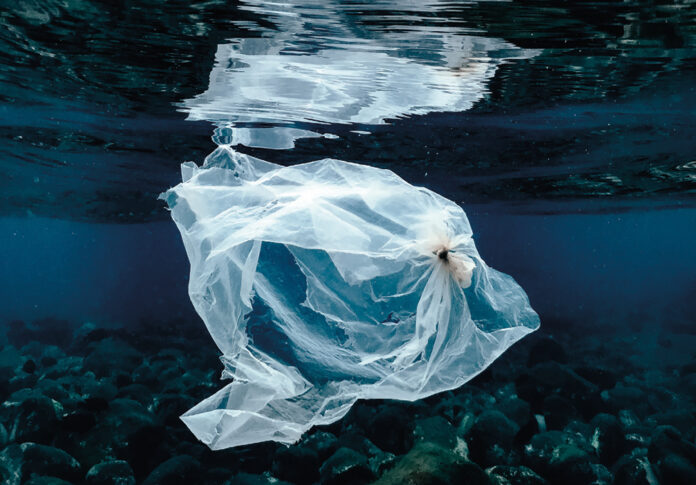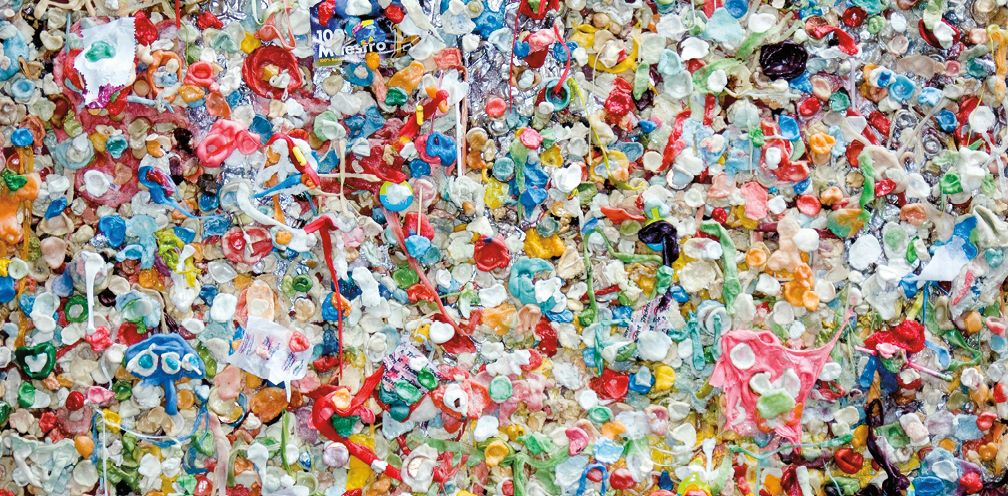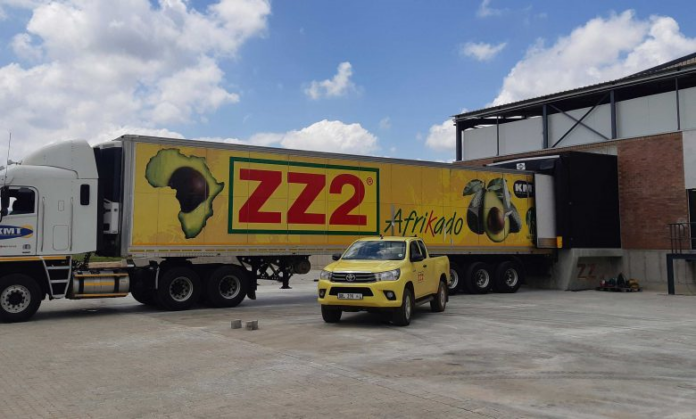Now, more than ever, the ability of countries, organisations and individuals to participate in the growing digital revolution relies on the acquisition and deployment of digital skills.
South Africa’s National Digital and Future Skills Strategy is clear in its assertion that ongoing technical developments require that South Africa adopts a clear and comprehensive digital and future skills strategy to foster the country’s ability to engage with, compete within and benefit from the emergent digital revolution, also referred to as the Fourth Industrial Revolution (4IR). Government entities, private sector firms and development institutions increasingly rely on digital technologies to drive economic growth, promote social development and provide cultural enrichment.
Legacy skills, and even existing ICT skills, are becoming obsolete, while new digital skills are in short supply. This means that countries seeking to advance the competitiveness of their key economic sectors and public services need to adopt a continual skills upgrade approach, where both ordinary citizens and research specialists acquire and advance their digital skills as part of a broad spectrum of 21st-century skills. The whole of society must become digitally adaptive to ensure digital inclusivity for future generations.
The problem that South Africa faces is that young people living in rural areas face the real risk of being left behind due to the lack of access to 4IR technologies. Research has revealed that access to the Internet, and hence digital learning and 4IR technologies, is less than 1% in rural communities. It is important to break down the social divide between urban and rural communities by ensuring equitable access to education and its outcomes regardless of race, gender or class.
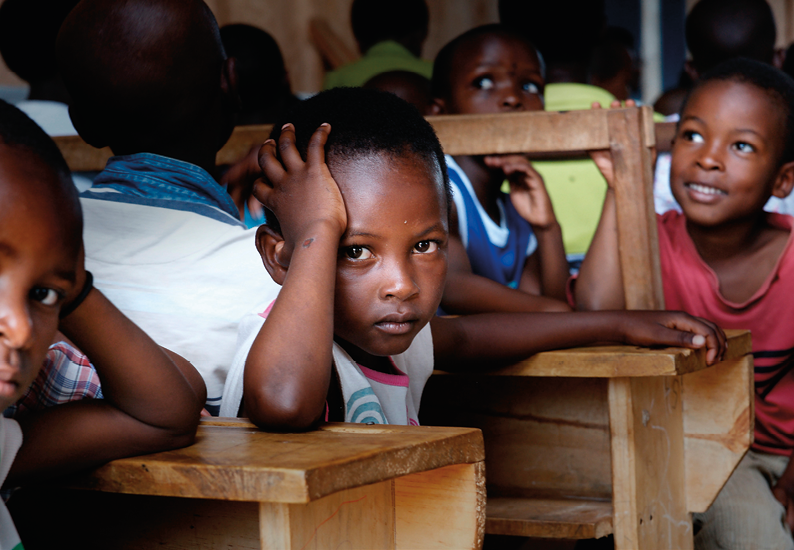
The Ministry of Higher Education, Science and Innovation has urged the various stakeholders in the higher education landscape to collaborate and find ways to ensure that young people in South Africa are capacitated with digital skills to future-proof their career aspirations. CHIETA has paid heed to this call and is working to establish nine SMART skills centres in rural communities across the country.
To date, two SMART skills centres have been opened in the Western and Eastern Cape, the launch of a third is imminent in KwaZulu-Natal and the CHIETA team is working hard to finalise and open six more. By establishing the CHIETA SMART skills centres in rural communities the cost burden associated with transport and data that will ordinarily be placed on poor communities is significantly reduced.
These centres, among other objectives, serve to remind young people living in rural communities that they have an important contribution to make to the future of this country.
At the opening of the first SMART skills centre in Saldanha Bay in October 2022, Minister of Higher Education, Science and Innovation, Dr Blade Nzimande, said: “This SMART skills centre is a monumental step towards South Africa’s digital skills development not only to meet the demands of the 4IR, but also to accelerate local innovation and enterprise capabilities, which will drive job creation and economic growth.”
CHIETA’s SMART skills centres are designed to be a game-changer in terms of skills development and training. The centres will give rural communities access to free data and Wi-Fi services, basic digital skills, and 4IR-related training. In addition, various technology-based programmes will be linked to the centre, as well as a multitude of skills programmes and e-learning initiatives.
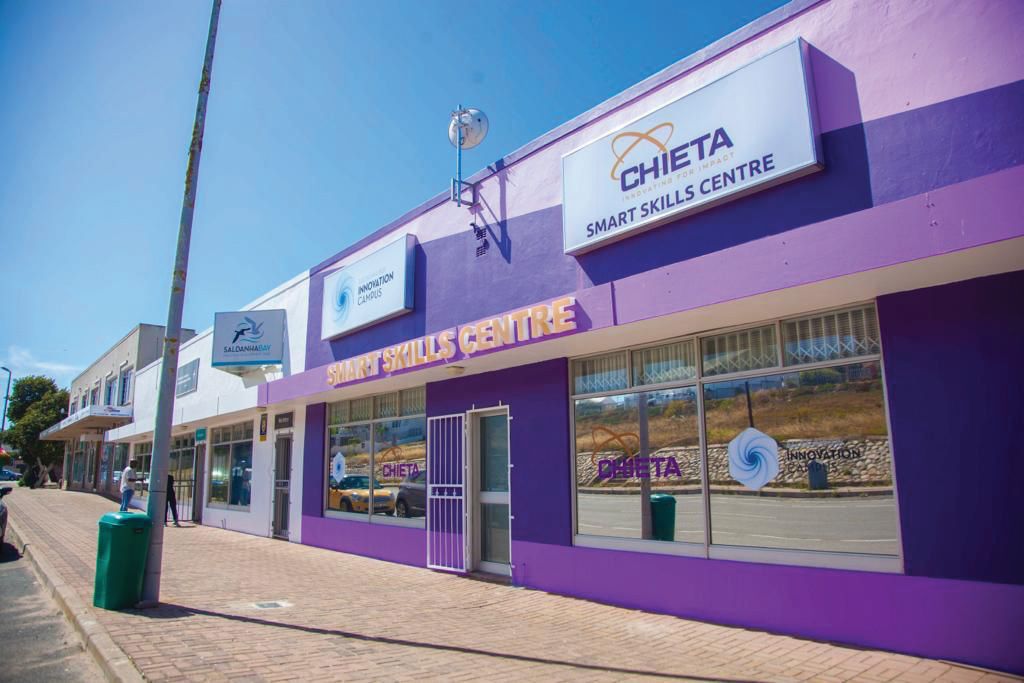
Budding entrepreneurs and SMMEs specifically will benefit from the skills development opportunities and communication technology available at the centres. The goal is to provide a minimum of 2 000 SMMEs by 2025 with some kind of service or support to build job-creating, sustainable enterprises in the long run.
The SMART skills centre concept dovetails with the skills development efforts of the Department of Higher Education and Training (DHET), that is mandated to promote and monitor the national skills development strategy. The Department is also responsible for developing and implementing appropriate legislation and policies for a sustained quality and accessible post-school education and training system.
In 2020, Dr Blade Nzimande, articulated a vision for SMART skills centres to be established in all parts of the country to usher in a new era of skills development and training that would be located within rural communities and able to offer digitised training programmes for rural masses. CHIETA remains committed to being a part of this digital skills revolution.
